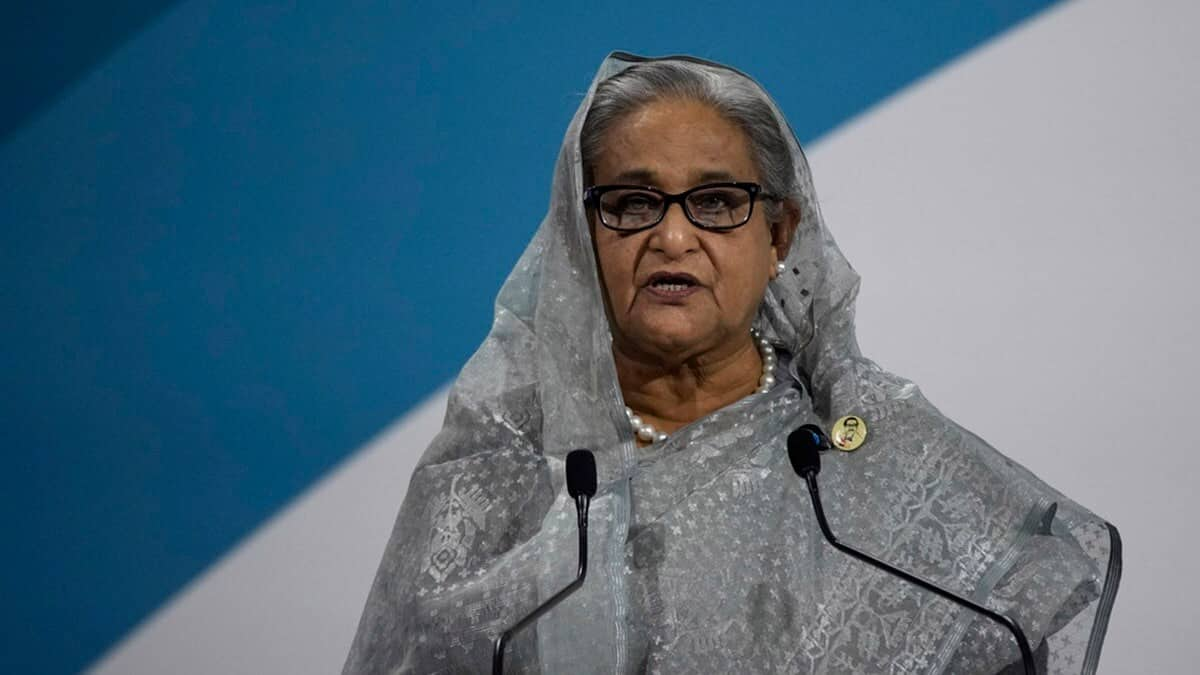
Why London suits Bangladesh ex-PM Hasina for her political exile
What's the story
Sheikh Hasina, the ousted Prime Minister of Bangladesh, departed for India on Monday afternoon when it became evident that her government would collapse and her safety was at risk amidst a violent youth-led agitation supported by her rivals and the Army. Bangladesh media, has reported that she wouldn't stay in India for long. Speculation suggests she may seek asylum in the United Kingdom and reside in London. Let's see why London is a favorable option for Hasina.
Asylum appeal
UK's asylum policy
The UK's liberal asylum policy for politicians is a significant factor in Hasina's potential decision to seek refuge in London. The UK Home Office, under the Refugee Convention and Immigration Rules, adjudicates political asylum cases. Historically, these provisions have been invoked favorably for high-ranking political leaders worldwide, offering them protection from political persecution and an opportunity to start anew.
Connections
Family ties
Hasina's family connections in the UK also significantly influence her potential decision to choose London as her place of exile. Her sister, Sheikh Rehana, is a British citizen and has consistently supported Hasina. Rehana's daughter, Tulip Siddiq, serves as an MP in the UK House of Commons and is a Junior Minister in the newly-formed Keir Starmer government, providing a substantial political foothold for the Hasina family in the UK.
US option
US unlikely refuge for Hasina
However, despite her son, Sajeeb Wazed Joy, residing in the United States, the strained relationship between Hasina and the Joe Biden administration makes the country an unfavorable option for her. Hasina has accused the US of attempting to destabilize her government. Additionally, the Biden administration has been critical of Hasina's governance style, accusing it of violating human rights.
Geographical proximity
India's diplomatic dilemma
India's geographical closeness and historical ties with Bangladesh make it a less suitable refuge for Hasina due to potential diplomatic complications. Granting asylum to Hasina could be seen as India taking sides with one political faction, which could potentially strain diplomatic relations with the subsequent government in Bangladesh. The next Bangladeshi government is expected to be led by a rival of Hasina, with Nobel Laureate economist Muhammad Yunus serving as chief adviser.